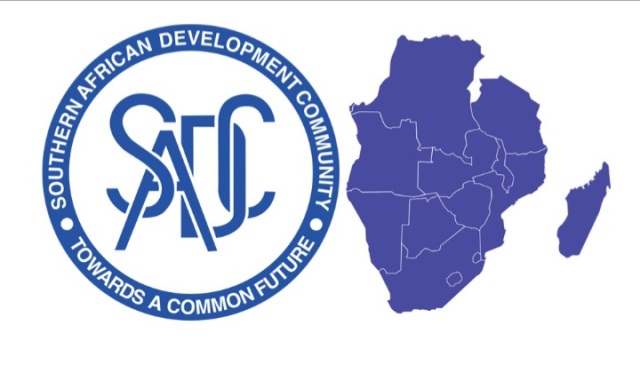|
Getting your Trinity Audio player ready…
|
More than 200 people representing regional civil society organisations, government and parliaments came together for the third year in parallel meetings across five different countries and online on 13th and 14th September 2023, to call for the Southern Africa Development Community (SADC) to accelerate financing, implementation, and monitoring of its regional strategy, the Regional Indicative Strategic Development Plan (RISDP) 2020-30.
The event, co-convened by 14 regional organisations, gathered in Johannesburg, Lilongwe, Lusaka, Harare, and Dodoma, focused on ´Accelerating SADC’s Development through the Socially Accountable Generation and Use of Public Resources.´
Participants assessed SADC’s annual performance in financing and implementing the strategy, calling for SADC and its member states to:
– Urgently establish and strengthen SADC National Committees, multi-stakeholder accountability bodies required by the SADC Treaty in each country, but currently functional in few.
– Accelerate the set up and financing of the Regional Development Fund and Agricultural Development Fund, both well behind schedule, and regional leadership in mobilising climate adaptation finance.
– Ensure countries provide mandatory annual reporting to SADC fully and timeously, and these reports must be shared for public scrutiny.
– Expedite the establishment of the Regional Non-State Actor (NSA) Engagement Mechanism, which will improve citizen involvement in regional programming.
– Establish the SADC Parliament without delay. Eight countries[1] must still sign the amendment to the SADC Treaty and forthcoming Protocol.
Participants focused on the key social sectors of health, education, and agriculture; assessed regional actions supportive of women and young people; and interrogated the generation of resources for development through industrialisation and trade. They also developed action plans setting out advocacy and monitoring plans for the coming year.
About the co-conveners: The dialogue is convened by Southern Africa Trust, Economic Justice Network (EJN) of the Fellowship of Christian Councils in Southern Africa (FOCCISA), Southern African People’s Solidarity Network (SAPSN), Southern Africa Coordination Council (SATUCC), SADC Council of NGOs, Care International, Global Campaign for Education, Trust Africa, SADC Youth Forum (SAYoF), Agenda 2063 Media Network, and the Partnership for Social Accountability (PSA) Alliance ((a consortium of ActionAid International (AAI), Public Service Accountability Monitor (PSAM) of Rhodes University, Eastern and Southern Africa Small Scale Farmers’ Forum (ESAFF) and SAfAIDS)).
About the SADC RISDP 2020-2030: The RISDP covers key areas of regional integration: peace, security, and good governance (the foundation); industrial development and market integration (pillar I); infrastructure development in support of regional integration (pillar II); social and human capital development (pillar III); and cross-cutting issues of gender, youth, environment, climate change and disaster risk management. The full document is available at https://www.sadc.int/document/sadc-regional-indicative-strategic-development-plan-risdp-2020-2030
REFERENCE:
[1] Only 8 Member States have signed the agreement to amend the SADC Treaty to recognise a SADC Parliament; these are: Angola, Eswatini, Lesotho, Malawi, Seychelles, Tanzania, South Africa, and Zimbabwe. A total of 2/3rds of SADC Member States must sign (i.e., 11)
